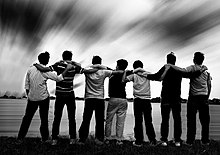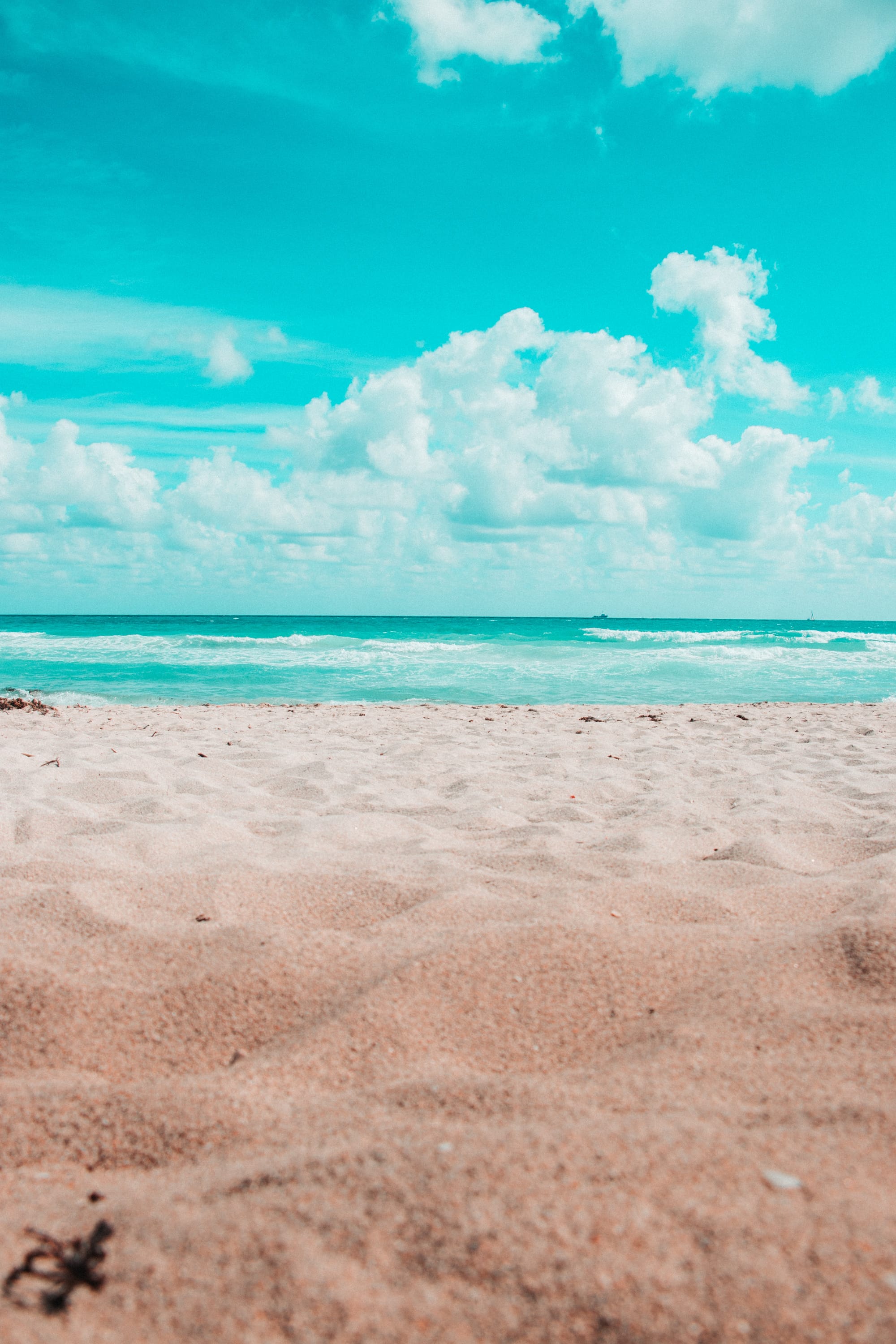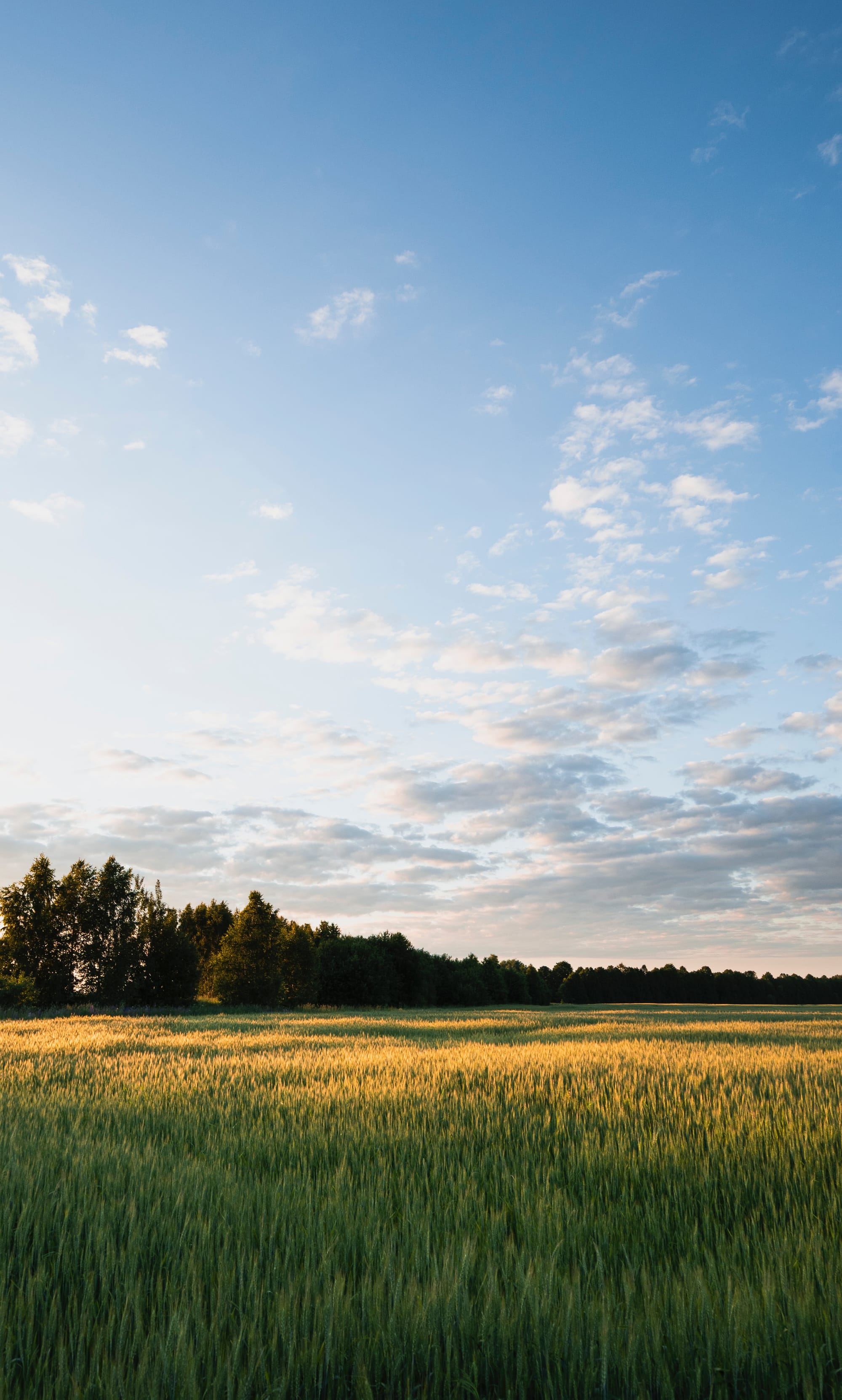Self-care is a conscious act people take to promote their physical, mental, spiritual, and emotional health.
You can listen to some lofi music as you read this article
What is Self Care?
Self-care has been defined as the process of establishing behaviors to ensure holistic well-being of oneself, to promote health, and actively manage illness when it occurs. Individuals engage in some form of self-care daily with food choices, exercise, sleep, and hygiene. Self-care is not only a solo activity, as the community—a group that supports the person performing self-care—overall plays a role in access to, implementation of, and success of self-care activities.
Routine self-care is important when someone is not experiencing any symptoms of illness, but self-care becomes essential when illness occurs. General benefits of routine self-care include prevention of illness, improved mental health, and comparatively better quality of life. Self-care practices vary from individual to individual. Self-care is seen as a partial solution to the global rise in health care costs that is placed on governments worldwide.
A lack of self-care in terms of personal health, hygiene and living conditions is referred to as self-neglect. Caregivers or personal care assistants may be needed. There is a growing body of knowledge related to these home care workers.
“It is not the mountain we conquer but ourselves.”
— Sir Edmund Hillary
Self-care and self-management, as described by Lorig and Holman, are closely related concepts.In their spearheading paper, they defined three self-management tasks: medical management, role management, and emotional management; and six self-management skills: problem solving, decision making, resource utilization, the formation of a patient–provider partnership, action planning, and self-tailoring.
History
While the concept of self care has received increased attention in recent years, it has ancient origins. Socrates has been credited with founding the self-care movement in ancient Greece, and care are of oneself and loved ones has been shown to exist since human beings appeared on earth.

Self-care has also been connected to the Black feminist movement through civil rights activist and poet Audre Lorde. Self-care was used to preserve black feminist's identities, energize their activism, and preserve their minds during the civil rights movement.
Self-care remains a primary form of personal and community healthcare worldwide; self-care practices vary greatly around the world.
Factors influencing self-care
There are numerous factors that affect self-care. These factors can be grouped as personal factors (e.g., person, problem, and environment), external factors, and processes.
Personal factors:
- Lack of motivation: when one doesn’t have enough energy. This can be caused by stress, anxiety, or other mental health illnesses.
- Cultural beliefs: this includes traditional gender roles, family relationships, collectivism. This can also affect self care behaviors.
- Self-efficacy or confidence: one’s confidence can positively or negatively affect their mental state.
- Functional and cognitive abilities: by not being perfect humans, one tends to focus on their weakness.
- Support from others: such as from family or friends can be crucial to have a healthy and positive mindset to do self-care.
- Access to care: depending on the self-care some require specific resources or objects in order to carry out.
External factors:
- Living situation: can greatly affect an individual’s self-care.
- Surrounding environment: must be safe and promote self-care for all residents.
- Proximity of health care facilities: are important to have at a close radius from one’s household. As well as office/clinic opening hours and affordability must be taken into consideration.
Taking needed medicines is a form of self-care that may be difficult for people with memory problems. A box that organizes the correct pills for each day of the week may help.
Self-care practices are shaped by what are seen as the proper lifestyle choices of local communities. Social determinants of health play an important role in self-care practices. Internal personal factors such as motivation, emotions, and cognitive abilities also influence self-care maintenance behaviors. Motivation is often the driving force behind performing self-care maintenance behaviors. Goal setting is a practice associated with motivated self care. A person with depression is more likely to have a poor dietary intake low in fruits and vegetables, reduced physical activity, and poor medication adherence. An individual with impaired cognitive or functional abilities (e.g., memory impairment) also has a diminished capacity to perform self-care maintenance behaviors such as medication adherence which relies on memory to maintain a schedule.
Self-care is influenced by an individual's attitude and belief in his or her self-efficacy or confidence in performing tasks and overcoming barriers. Cultural beliefs and values may also influence self-care. Cultures that promote a hard-working lifestyle may view self-care in contradictory ways Personal values have been shown to have an effect on self-care in Type 2 Diabetes Mellitus.





What a gallery actually looks like on ghost
Social support systems can influence how an individual performs self-care maintenance. Social support systems include family, friends, and other community or religious support groups. These support systems provide opportunities for self-care discussions and decisions. Shared care can reduce stress on individuals with chronic illness.
Let's Do This!
You can start with a 5 min meditation.
Meditation
Here are some products you might need
You are all set. Take care and thank you for reading this article. I hope it was of at least some help for you and we can move onto the next step now.
I am marking the end of free public preview. you need to subscribe to get access to more information! haha
I am a special toggle menu with fun stuff
- Do some movement
- Journal
- Talk to a friend
- Connect with your breath

You might want to learn something new
Okay, bye for real now.

![Self Care [CLOSED]](https://images.unsplash.com/photo-1552196527-bffef41ef674?crop=entropy&cs=tinysrgb&fit=max&fm=jpg&ixid=M3wxMTc3M3wwfDF8c2VhcmNofDE4fHx5b2dhfGVufDB8fHx8MTcyNTE1NjMwN3ww&ixlib=rb-4.0.3&q=80&w=300)


![Staying positive during difficult times [CLOSED]](/content/images/size/w300/2024/08/positive-during-difficult-times.jpg)
![The Secret to Starbucks’ Brand Success [CLOSED]](/content/images/size/w300/2024/09/photo-1581818802335-ba9f9188d764.jpeg)